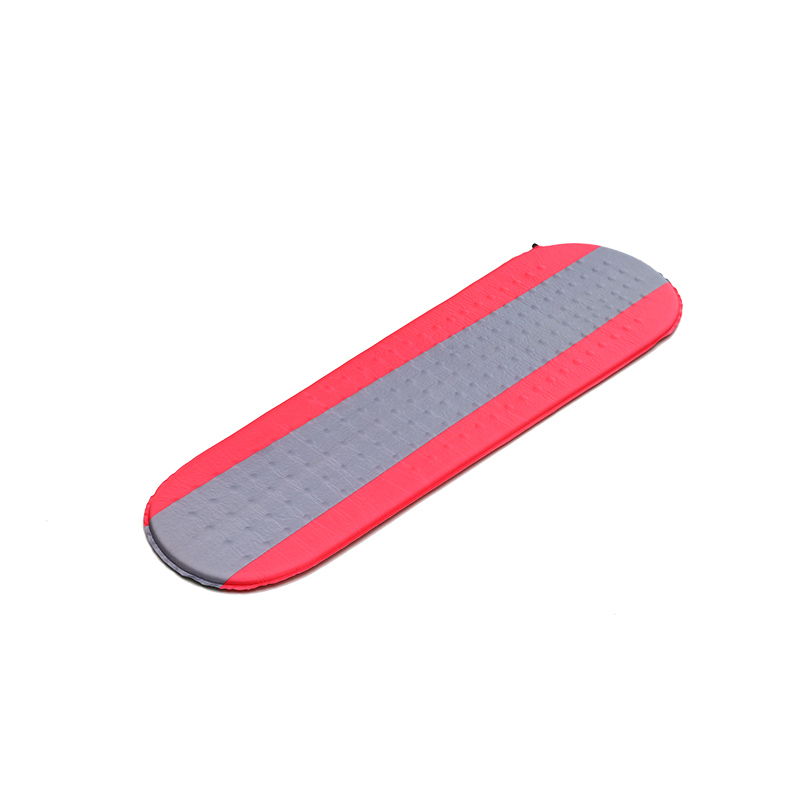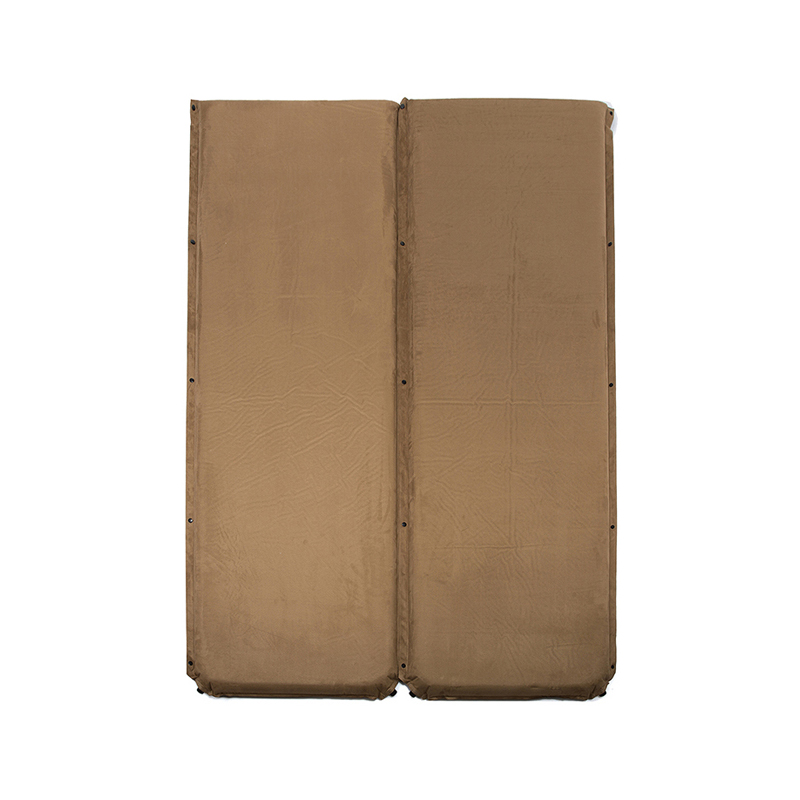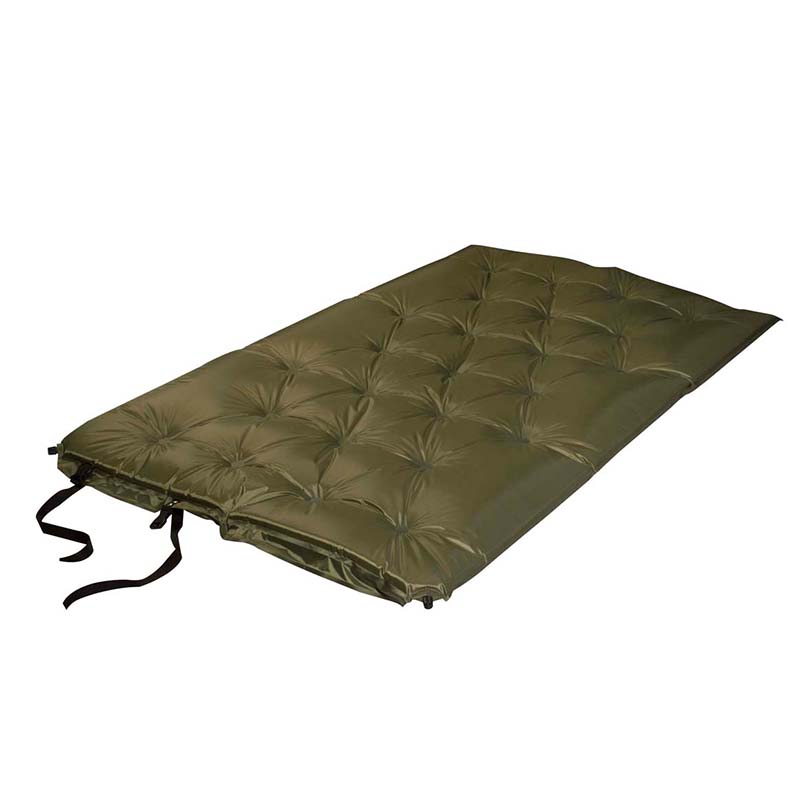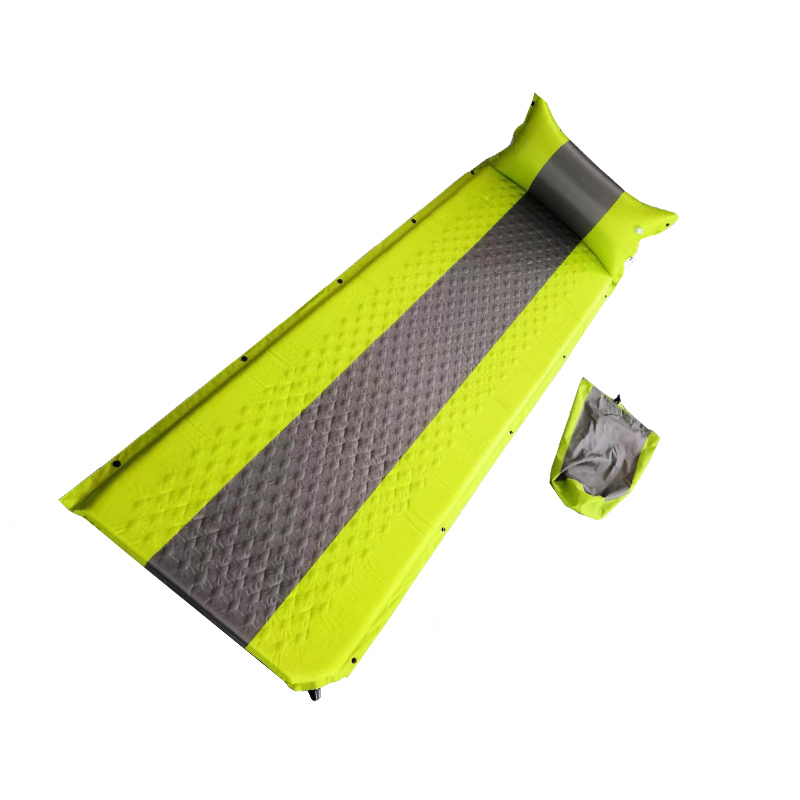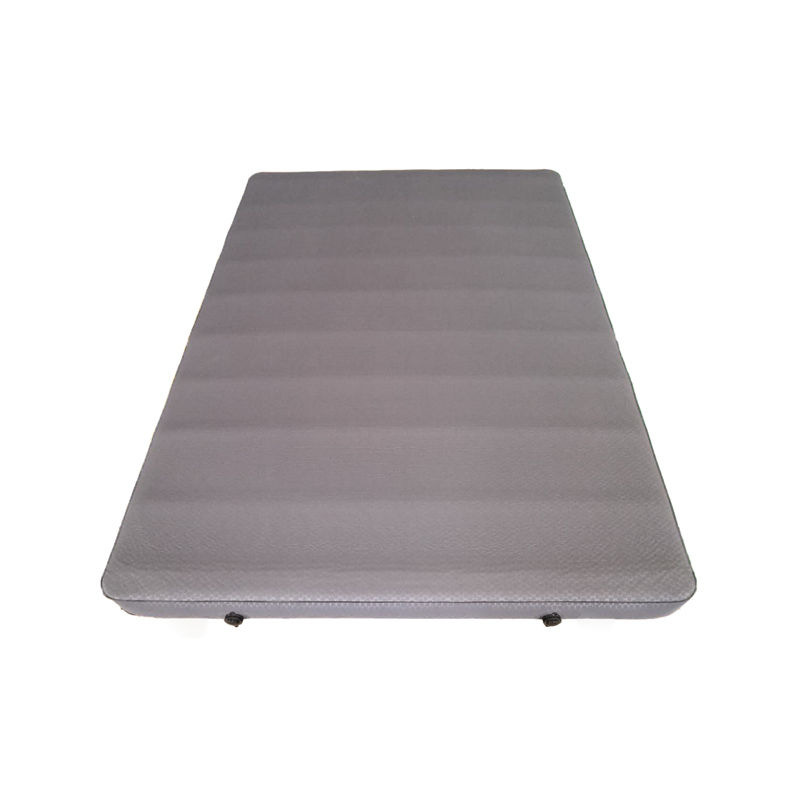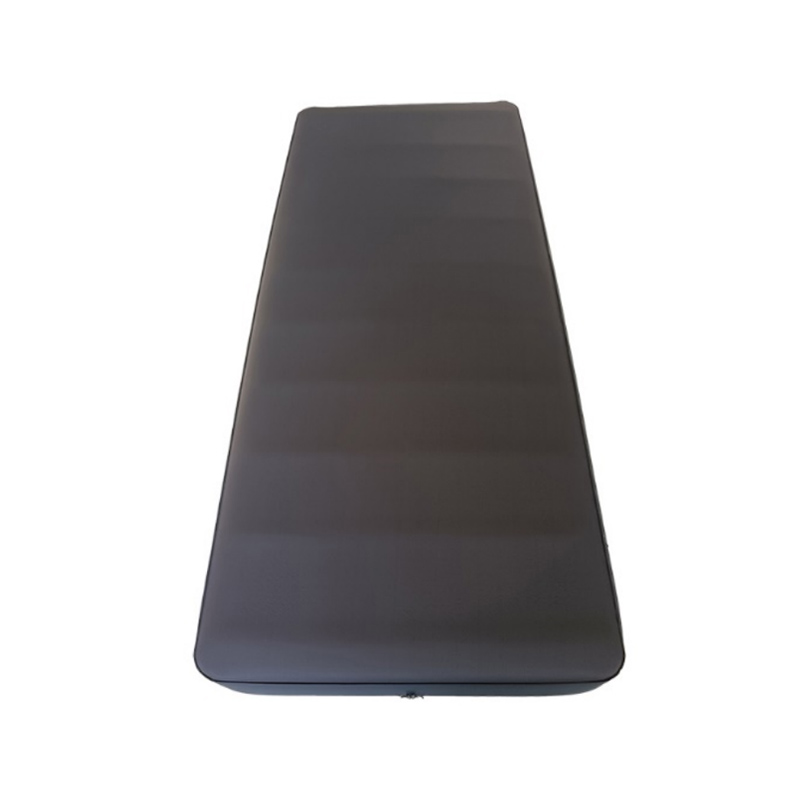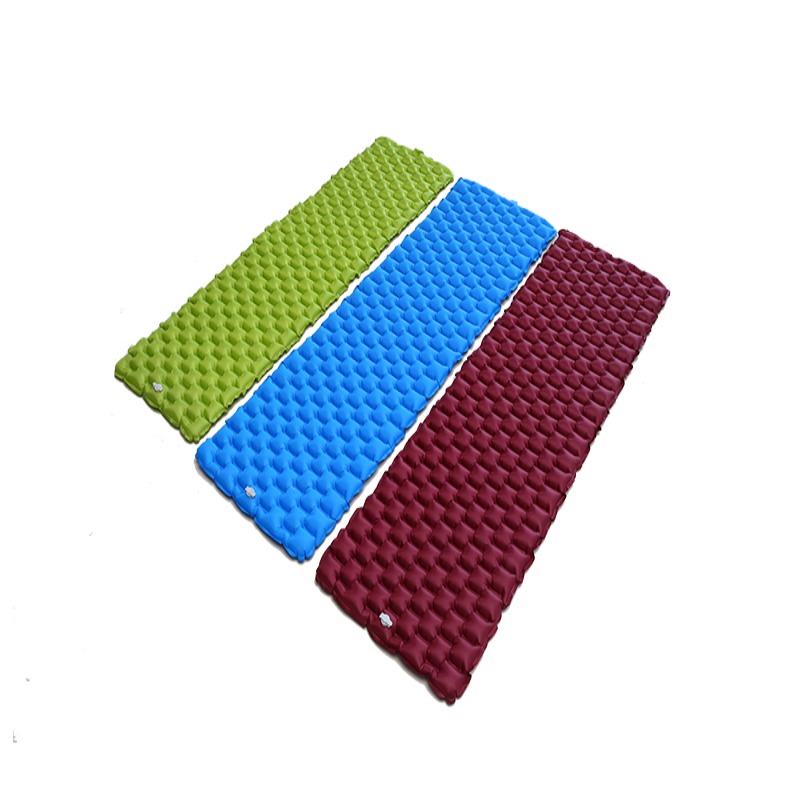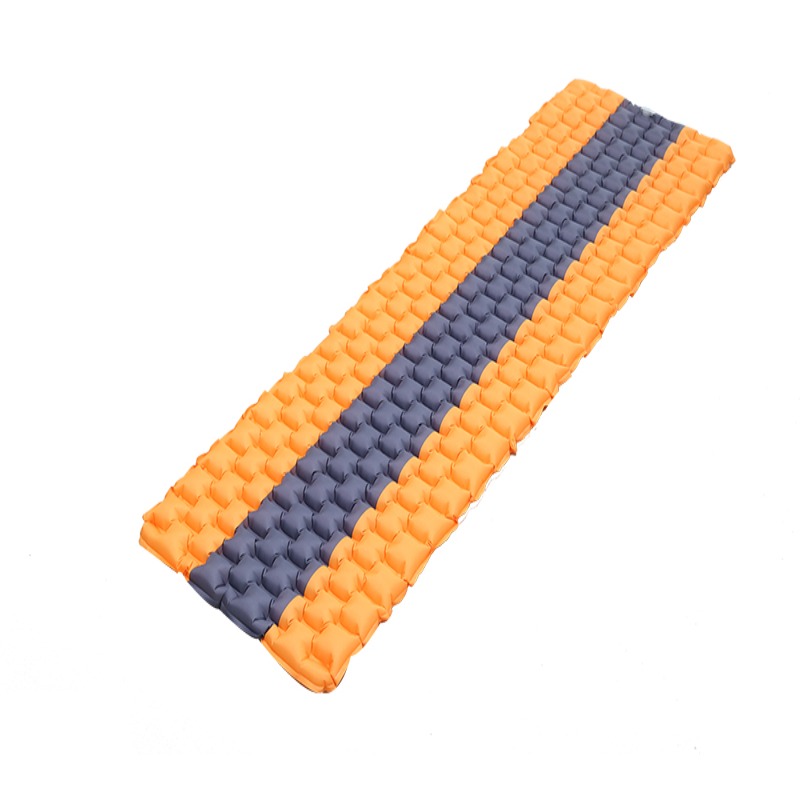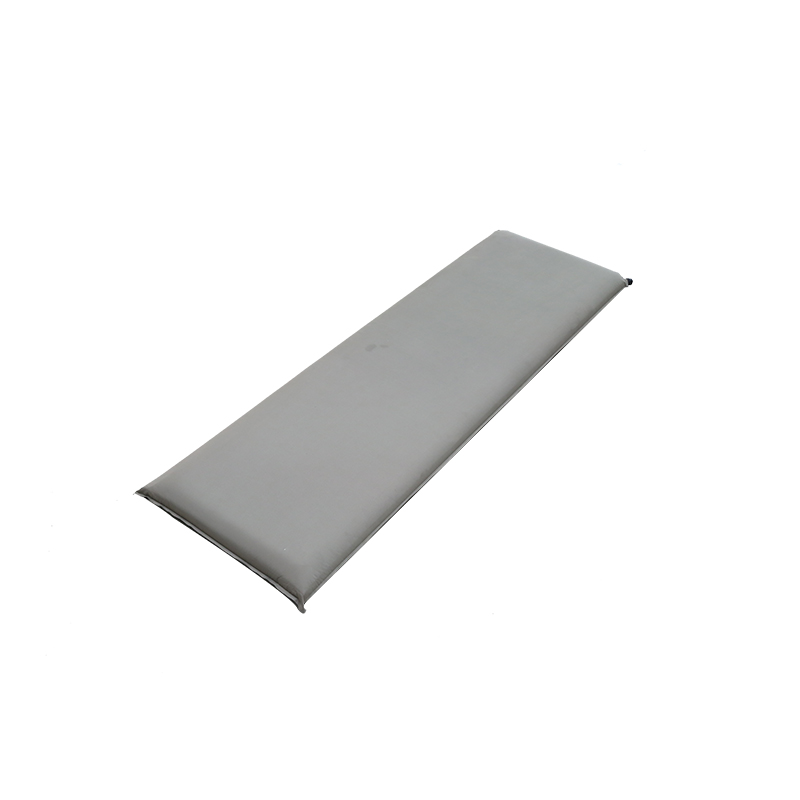Sometimes you have to camp in the wild for long journeys. The complex outdoor environment and the high temperature difference between day and night. In order to have a good night’s sleep and ensure your own safety, you must choose the camping that suits you.
Tent camping
Tent camping is the main camping method for various outdoor activities such as field trips and mountaineering expeditions, and it is also a camping method that deserves to be actively promoted. First of all, its characteristics are the closest to nature. There is no way to get closer to nature than sleeping tents. Think about the earth under you instead of Simmons, steel wire bed and concrete floor. Opening the tent door is everything in nature, without any concrete. The building obscures your sight, this is the real return to nature; second, it is a home that is easy to live in. As long as there is three square meters of flat ground under your feet, you can build a "home" that is enough for two people to live in. The lightest tent is only about 1 kg. As long as you have it by your side, there will be a shelter for sunshade, wind and rain, and can also help avoid wind and snow, cold currents, etc., it is our intimate companion for field trips, with it We can travel with peace of mind; the third is the economical way of camping. When traveling outside, the most cost-effective accommodation is accommodation in tents.
Accommodation cave
In the wild in most parts of the south, various forms of caves, such as dry caves, water caves, trough caves, and composite caves, can often be seen. Accommodation caves are one of the most common ways to travel in the wild. Our ancestors started a new ground life from accommodation caves. It can be seen that accommodation caves are safe, convenient, warm, and a good place to shelter from wind and rain. The following points should be paid attention to when staying in caves :
Ventilation: First of all, it is necessary to find out whether the cave is a ventilated cave, not a dead cave. It is important to maintain air circulation. You can light a cigarette to check whether the hole is ventilated. As long as the smoke flutters in or out of the hole in one direction, the hole is ventilated.
Shallow residence: Most caves are relatively deep. From a safety point of view, it is best to arrange the camp near the entrance of the cave to facilitate withdrawal and transfer.
Water regime: When determining whether a cave can be accommodated, the water regime of the cave should be ascertained. Most caves have flowing groundwater activity, and some groundwater regimes are complex, especially in the rainy season. The accommodation should be dry and free of dripping water.
Other things you should pay attention to when staying in caves: Many caves are filled with animals such as bats and swallows. Therefore, it is best to avoid disturbing them when staying in caves, or change to another cave. If you have no experience in cave exploration, you should do less activity in the cave, and single-person activities should be prohibited; you can stay in the cave without setting up a tent, just spread all kinds of bedding, and if there are mosquitoes, you can burn smoke to drive them away.
Outdoor camping
Sleeping in the street is a kind of exercise and test for our wild life, and it is also a rare life experience. In the weather without rain, strong wind, snow and frost, you can try to sleep in the open air without any shelters such as tents. You can choose to sleep under a big tree, spread a plastic sheet, a moisture-proof mat, and put a sleeping bag. You can put a plastic sheet on the sleeping bag, or simply hang a self inflating sleeping pads on top of the sleeping bag. The problem for the host is To prevent dew and mosquitoes, you can put a layer of gauze on the headgear of the sleeping bag to prevent mosquitoes, or burn fireworks overnight. Burning smoke can prevent frost and reduce dew. In some rural areas, farmers can see farmers doing this to reduce frost. . Of course, do not sleep in the rainy season and winter. In addition, be careful not to sleep in the waterside and densely planted places, where there are many mosquitoes and are not safe. At the same time, the temperature in the open air is generally about 5 degrees lower than that in the tent, so you should add more clothing to prevent cold.
Another way to sleep on the street is to use a hammock. The advantage of a hammock is that it will not be disturbed by animals on the ground (such as snakes and other reptiles). Hang a rain cloth above the hammock. There is a hammock-style tent that has a rain canopy and a mosquito-proof gauze net, which is very suitable for jungle camping.


 简体中文
简体中文 English
English 日本語
日本語 Español
Español Deutsch
Deutsch